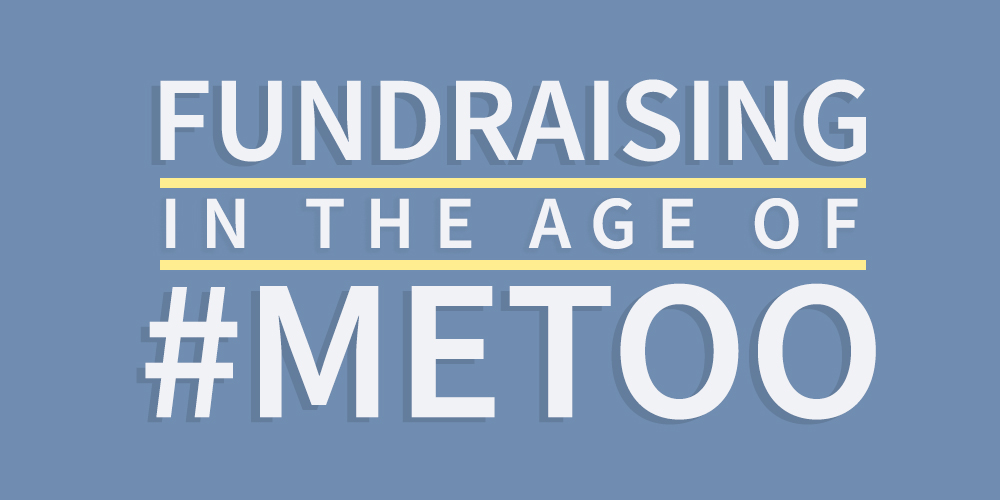The #MeToo movement is a global phenomenon, raising awareness about the pervasiveness of unacceptable behavior in a multitude of settings. And the nonprofit world is not exempt.
How should nonprofits address the underlying issues that the #MeToo movement has identified?
First, the Board and the CEO must create an organizational culture that encourages appropriate behavior by all and must provide trustworthy avenues for reporting unacceptable behaviors should they occur.
Every nonprofit should have an explicit, board-approved policy naming and prohibiting unacceptable behaviors--such as discrimination, hostile work environment, harassment, or assault of any kind--by board members, executive leaders, and staff. This policy should be easily accessible, appear in policy and procedures handbooks, and be discussed in new staff and board orientations. A clearly defined process for reporting, investigating, and resolving any accusations and/or violations of the policy must be included.
Regular board and staff training emphasizing these policies and procedures is another important practice to put in place.
Nonprofit leaders must recognize that unwanted behaviors can arise not only within staff and board relationships, but also in relationships between fundraising officers and donors. A significant power differential usually exists between donors and fundraisers due to differences in age, gender, status, experience and/or wealth. Nonprofits need to ensure that fundraisers are sensitive to these differences and know how to manage donor relationships appropriately, including knowing it is acceptable to set limits and boundaries in such relationships.
Likewise, nonprofit leaders should coach fundraising staff to establish and keep donor relationships on a professional level, such as ensuring that meetings with donors take place only in appropriate places or under appropriate circumstances, e.g. scheduling meetings in offices or public spaces or only in donors’ homes or hotel rooms when at least one other adult is part of the meeting.
Fundraising staff should be expected to talk with supervisors regarding any discomfort or concern about a donor relationship or to report a donor’s behavior that is perceived to be offensive. When supervisors agree, confidential notes should be entered on the donor’s record.
Nonprofits must affirm that “getting or accepting a gift at all costs” is never acceptable when inappropriate demands or behaviors are part of the donor relationship or gift negotiation.
A nonprofit’s most important asset is trust, and its most important resource is its staff. The #MeToo Movement requires that nonprofits be proactive in establishing and enforcing policies, processes and expectations to protect staff well-being, donor relationships, and the nonprofit itself.
Written by Marilyn Foster Kirk, Amy Funk, and Anne Smith


Comments
Questions or comments? Join the conversation!